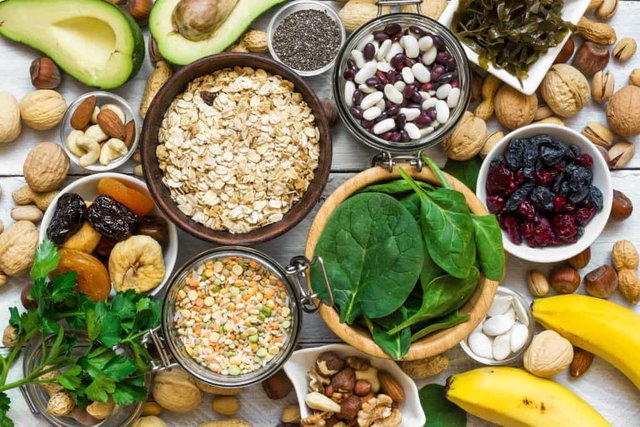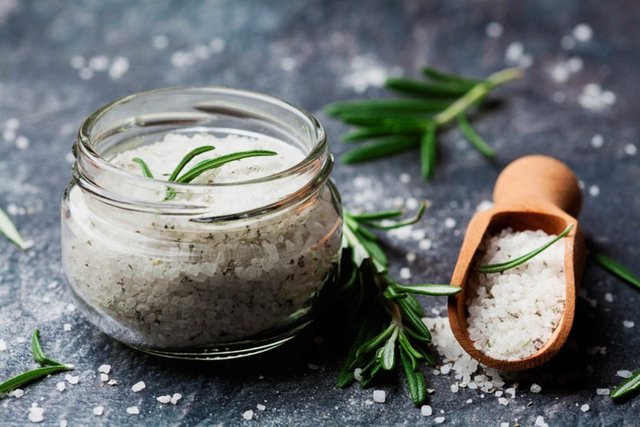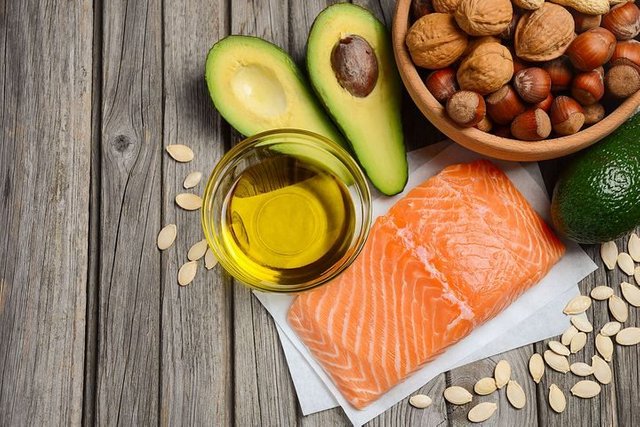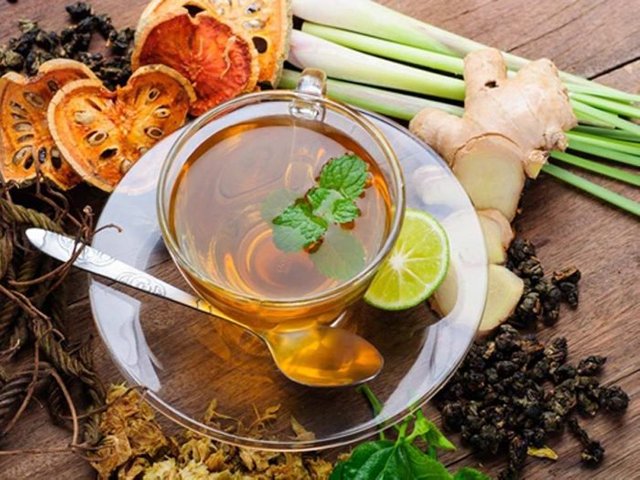How to Conquer Anxiety: A Guide to Gain a Pass in Interviews
Battling with Nervousness and Anxiety?

Some people are naturally more susceptible to nervousness and anxiety than others. Other factors contributing to this problem include depression, disturbed sleep, nutritional deficiencies, nicotine, adrenal disorders, thyroid disorders and certain medications. For certain people, nervousness can be quite incapacitating and abandon them feeling terror-struck at a time when clear thinking and togetherness are required. It is challenging to astound a future employer in an interview or inspire an audience if your hands are shaky and sweaty, your mind is blank and you’re trying so hard to catch your breath that talking is an afterthought.
Nervousness can be an uncommon, circumstantially inevitable problem, or it could be the result of another more serious disorder. Both way, help is available, and if treated properly, nervousness can be managed. Feeling nervous can be a normal reaction to stressful, unknown or intimidating circumstances. It is quite normal to feel nervous before a job interview, before delivering a presentation and even before a doctor’s appointment.
While the situations that give rise to nervous feelings are the triggers, the body changes occur because of an increase of stress hormones released into our blood by the adrenal glands – as a response to the anxiety-provoking situation. How we cope with these nervous feelings can make all the difference.
Doctors regularly deal with anxiety with therapy and medications, but the solution to calming the condition could be hiding in plain sight: the foods we eat. Pay attention to how and when you eat. Bad habits can have a negative effect on anxious moods. Eating smaller, frequent meals throughout the day can help.
Melissa Reagan Brunetti, CNC
Here will be tackled the natural approach to anxiety and nervousness and be cautious to every dos and donts. Remember that prevention is always better than cure.
Cut out (or down) caffeine

Because it's a stimulant for the nervous system, it increases heart rate, blood pressure, and body temperature. According to the University of Michigan, coffee can lead to symptoms of worrying like nervousness, sweating, and shaking. A study from Brazil found that caffeine actually induced panic attacks in people with an anxiety disorder. Another study, from Wake Forest University, found that caffeine reduced blood flow to the brain by 27 percent. Not to mention, coffee can mess with sleep, which is basically essential for our brain health.
Brunetti
Caffeine boosts your energy and can make you jittery and anxious. If you can't go cold turkey, try reducing by a cup a day and see if you notice any decrease in your anxiety symptoms. Try switching to a drink with less caffeine and more health benefits, such as green tea. Be aware of other sources of caffeine that may be in your diets such as soda, chocolate, tea, and some over-the-counter medications like Excedrin or Midol. Being anxious is just one of many signs you're drinking too much coffee.
Load up on antioxidants

They can help quell anxious moods. So which nutrients are antioxidants, and which foods contain them?
Brunetti
State University of New York research showed that anxiety symptoms are linked with a lower antioxidant state and that antioxidants could actually help treat mood issues as well. Also, studies have shown that upping your zinc, which has antioxidant properties, leads to fewer anxious feelings. Cashews are a great source of zinc.
Magnesium is calming
Another nutrient that might stave off anxious symptoms is magnesium.
Brunetti

In an Austrian study with mice, diets low in magnesium increased anxious behaviors. Research has shown that magnesium may also help treat mental health issues in humans. According to the University of Maryland Medical Center, inadequate magnesium reduces levels of the neurotransmitter serotonin, and antidepressants have been shown to increase magnesium in the brain—evidence of a positive link.
Psychiatrist Emily Deans, MD, writes on Psychology Today
Dr. Ramsey
Stay away from refined sugar and processed foods
Research associate an upset gut with a displeased mind, so prevent eating hard to digest foods like processed meats, foods high in saturated fats, and fried foods. Sweets, processed foods, sugar and refined carbs cause a spike in blood sugar followed by a sudden drop, not surprisingly, bad for your mental health.

A study from Columbia University discovered that the more refined carbs and sugar women ate, the higher the risk for their mood changes and depression. Another study, from the U.K., showed that eating processed meat and fried foods had similar responses, possibly because of the link between heart disease and inflammation, which are also linked with mental health problems.
Take a hot bath with Epsom salts
Taking a soothing hot bath is always calming, raising your body heat may help regulate mood and anxiety fairly incredible as a relaxation strategy. Warm water provides your entire body with a level of relaxation that can be incredibly beneficial for reducing some of the anxiety symptoms that can be so disruptive to your life.
For added benefits, stir in some Epsom salts. The magnesium sulfate in the salts has been known to calm anxiety and lower blood pressure. Try adding lavender or vanilla essential oils to your bathwater, to reap the benefits of these calming scents.

Similar to many other treatments, those that find that physical aches and pains from anxiety are causing them even more anxiety, then, bathing is not going to be a one-stop cure but may also see further effectively to take a warm bath for an hour or so every few days.
Increase Amino Acid Intake
L-lysine is an amino acid and one of the building blocks of your brain's chemical messengers called neurotransmitters. Studies have shown that people taking L-lysine supplements had reduced symptoms of anxiety and reduced levels of stress hormones. L-lysine is usually found in meat, fish, and beans, and is also marketed as an oral supplement.

We usually think of tryptophan as the nutrient in turkey that puts us to sleep after Thanksgiving—and in fact, tryptophan is an amino acid that the body needs to produce the neurotransmitter serotonin, which helps regulate sleep and moods. According to the University of Michigan, tryptophan may help reduce anxious feelings. In one small study, participants who ate a food bar rich in tryptophan reported fewer symptoms than those who ate a bar without tryptophan. More research is needed, but it seems likely that there is a connection. Tryptophan is in most protein-rich foods like turkey and other meats, nuts, seeds, beans, and eggs. (Incidentally, protein is also important for the production of the neurotransmitter dopamine, which can benefit mood as well.)
Try to get between 1 and 3 grams of omega-3s a day

Based on research, omega-3 fatty acids could aid symptoms of anxiety disorders. It could boost your mood by lowering levels of stress chemicals, for instance, adrenaline and cortisol in the body, thus, making your brain happy. Such great sources of omega-3 fatty acids are canned fatty fish like tuna and salmon, walnuts, and flaxseeds. An Israeli study showed that students given fish oil supplements had less test anxiety as measured by their eating and sleeping habits, cortisol levels, and mental states.
Cozy up with herbal teas

Chamomile encompasses two chemicals that promote relaxation: apigenin and luteolin. Some compounds in chamomile (Matricaria recutita) bind to the same brain receptors as drugs like Valium. A study at the University of Pennsylvania Medical Center observed that patients with a generalized anxiety disorder who consumed chamomile supplements for eight weeks had a significant reduction in anxiety symptoms in contrast to the patients who were given a placebo.
Make use of Lemon balm

With a name derived after the Greek word for "honey bee," lemon balm (Melissa officinalis), has been in use at least since the Middle Ages to lessen stress and anxiety, and aid with sleep. In one study of healthy volunteers, those who consumed standardized lemon balm extracts (600 mg) were more calm and alert than those who took a placebo.
Though it's normally safe, be conscious of its possible aftereffects for some studies have found that consuming too much can actually make you more anxious. As a result, follow directions and start with the smallest dose. Lemon balm is vended as a tea, capsule, and tincture. It's habitually blended with other calming herbs such as hops, chamomile, and valerian.
Probiotics are good for the gut
Brunetti
The latest research has discovered that probiotics may perhaps actually work to treat, or even prevent anxious feelings. You can either take a probiotic supplement or eat foods that have been fermented, a procedure which boosts good bacteria to cultivate and has been shown in studies as a way on how to calm anxiety.
Depending on your certain experience of anxiety, there is a chance loneliness may have something to do with your unease.
Water keeps everything flowing smoothly

A research from the University of Connecticut proved that even mild dehydration can be a reason for mood problems. The connection behind dehydration and anxious symptoms is not totally known, but the study authors of the University of Connecticut think it may be part of an ancient warning system alerting us to find water for survival.
Alcohol brings you down
Alcohol is a depressant but it can also deteriorate anxiety indications. And unluckily, the two often go hand-in-hand—in a study that took place over 14 years, researchers found that people with a social anxiety disorder (SAD) were 4.5 times more likely to acquire alcohol dependence. The Anxiety and Depression Association of America says that 20 percent of people with SAD also have a medical condition from alcohol abuse or dependence.

Drinking can appear like a good way to calm your nerves, but in reality, it causes spikes and dips in blood sugar, dehydrates you, and causes impaired brain function—all of which can lead to anxious feelings, which then make you want to drink more, creating a vicious cycle. According to the National Institute on Alcohol Abuse and Alcoholism, drinking a lot can cause changes in the brain's neurotransmitters that may induce these symptoms.
21 Minutes Exercise is All It Takes

Exercise will not only make you feel better about yourself but will flood your body with feel-good endorphins. Some researchers even believe that increasing your body heat, a natural result of exercise, may alter neural circuits controlling cognitive function and mood, including those that affect the neurotransmitter serotonin. Researchers believe this response can boost your mood, increase relaxation, and alleviate symptoms of anxiety disorders. People often think that exercising is important for physical health. But exercise is a crucial treatment for mental health, as it regulates hormones that can cause anxiety, burns away stress hormones, releases unused energy and more.
Try to get outside in natural sunlight for 15 minutes a day

This is the greatest technique to naturally upsurge your vitamin-D levels, which can decline symptoms of anxiety disorders and depression. A short 15-minute break will not only take your mind of stress but also let you obtain the aids of outdoor activity. And the greener the better; one Japanese study found that people who walked through a forest for 20 minutes had lower stress hormone levels after their walk than those who took a comparable walk in an urban area. If you're stuck in an urban area, look for parks or quiet tree-lined streets to take a stroll. The sun affects your body in all sorts of ways, good and bad.
Therapy is expensive, medications can be dangerous and cause personality changes. Nervousness has the potential to hold you back in ways you don't even realize.
Learn mindfulness meditation

Teresa M. Edenfield, Ph.D.
A clinical psychologist in the Veterans Administration Medical Center in Durham, N.C.
